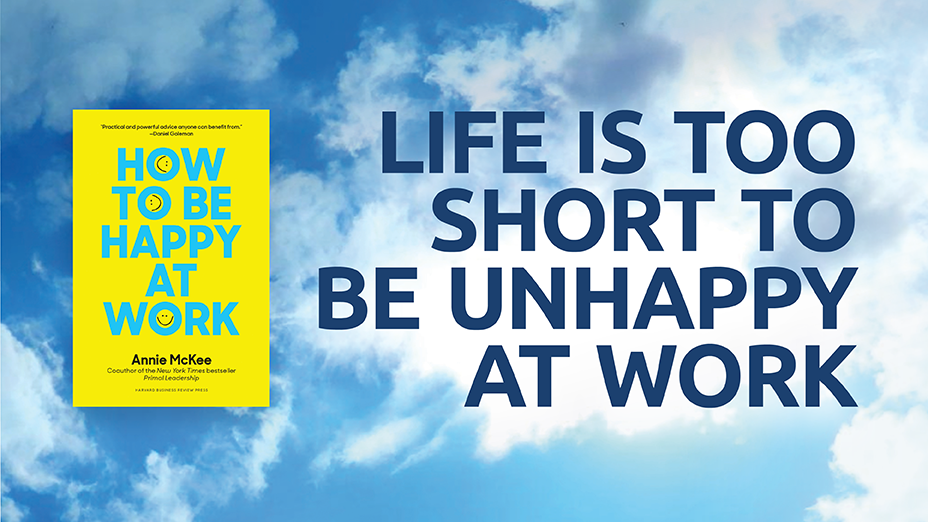A while back, I had the opportunity to spend time with the CEO of one of America’s most successful companies, a legendary organization known for its employee and customer satisfaction, as well as its financial performance. I attended their company’s management conference, listened to various presentations about their culture, and the extraordinary, homey and sometimes slightly wacky practices that distinguish them from their competitors.
"What’s at the heart of this unwillingness? I think it’s pride."
Overwhelmed by the organization’s simple and powerful behavioral philosophy, I asked the CEO a semi-rhetorical question. “Why in the world don’t your competitors do any of this?” The CEO thought about it for a moment and said, “You know, I honestly believe they think it’s beneath them.”
And right away, I knew he was right.
After all, every one of those competitors, the vast majority of whom are struggling, knows exactly what this company does, how it works, and how much it has driven its financial success. The company’s cultural approach has been chronicled in more than a few books. And yet, none of them tries to emulate it. In fact, based on numerous interactions I’ve had with employees who work for those competitors, I’d have to say that their attitude is often dismissive, even derisive, toward this company and its enthusiastic employees.
And this dynamic exists in other industries, too. A fast-food company I know has remarkable customer loyalty, as well as unbelievable employee satisfaction and retention, especially compared to the majority of their competitors. The leaders and employees of the company attribute most of their success to the behavioral philosophy and attitude that they’ve cultivated within the organization, and the unconventional yet effective activities that result.
One example of that philosophy is the action of the CEO, who shows up at grand openings of new franchises where he stays up all night with employees, playing instruments and handing out food to excited customers. Few CEOs would be happy, or even willing, to do things like this, but this executive relishes the opportunity. These, and other activities that most MBAs would call corny, are precisely what makes that company unique.
"Plenty of people in the world say they want to be successful, not that many are willing to humble."
This happens in the world of sports, as well. There is a well-known high school football team where I live that is ranked near the top of national polls every year. They play the best teams in the country, teams with bigger and more highly touted players, and beat them regularly. The secret to their success, more than any game strategy or weight-lifting regimen, comes down to the coach’s philosophy about commitment and teamwork and the buy-in he gets from his players. That philosophy manifests itself in a variety of simple actions which speak to how the players treat one another on and off the field. For example, players pair up every week and exchange 3x5 cards with hand-written commitments around training and personal improvement, and then take responsibility for disciplining one another when those commitments aren’t met.
And yet, whenever I explain this and similar practices of the team to other coaches who are curious about their success, I encounter that same sense of dismissiveness. They get a look on their face that seems to say, “listen, I’m not going to do that. It’s silly. Just tell me something technical that I can use.” As a result, few teams actually try to copy them. Some skeptics might say, “come on, those companies/teams are successful because they’re good at what they do.” And they’d be right. Those organizations are undoubtedly and extremely competent in their given fields, and they have to be in order to succeed. But plenty of other organizations are just as competent and don’t achieve great levels of success, and I honestly believe it’s because they’re unwilling to stoop down and do the simple, emotional, home-spun things that all human beings — employees, customers, players — really crave.
What’s at the heart of this unwillingness? I think it’s pride. Though plenty of people in the world say they want to be successful, not that many are willing to humble themselves and do the simple things that might seem unsophisticated. Essentially, they come to define success by what people think of them, rather than by what they accomplish, which is ironic because they often end up losing the admiration of their employees and customers/fans.
The good news in all of this is that for those organizations that want to succeed more than they want to maintain some artificial sense of professionalism (whatever that means), there is great opportunity for competitive advantage and success. They can create a culture of performance and service and employee engagement, the kind that ensures long term success like no strategy ever could. But only if they’re willing to stoop down and be human, to treat their customers and one another in ways that others might find corny.





.png)

.jpg)


What Did You Think?